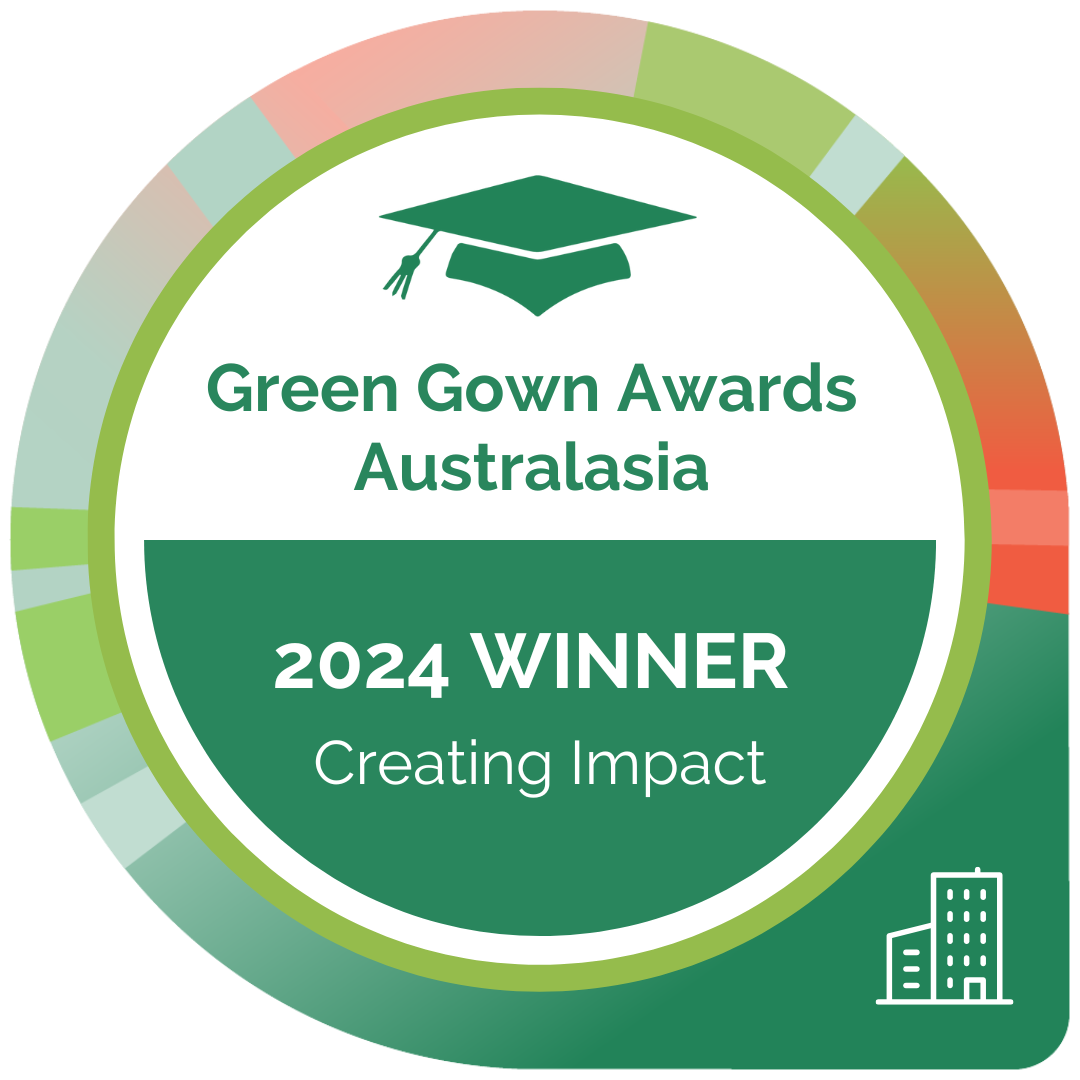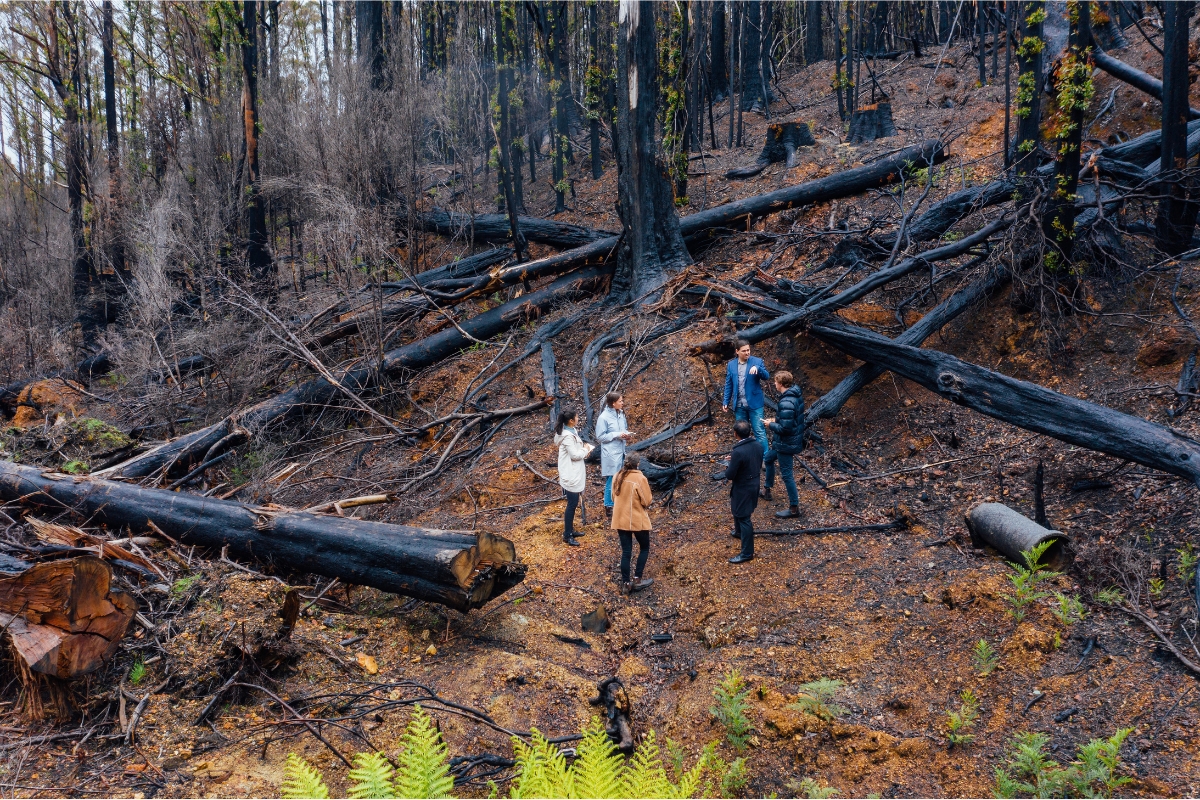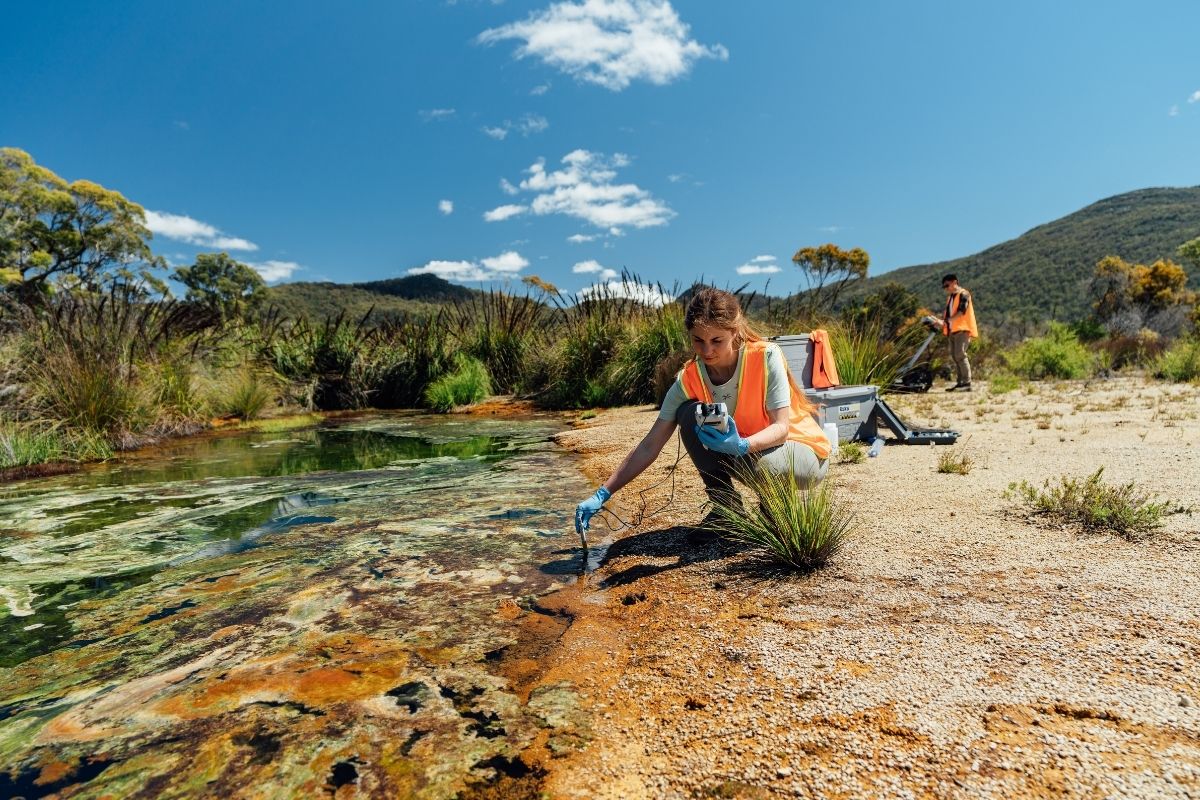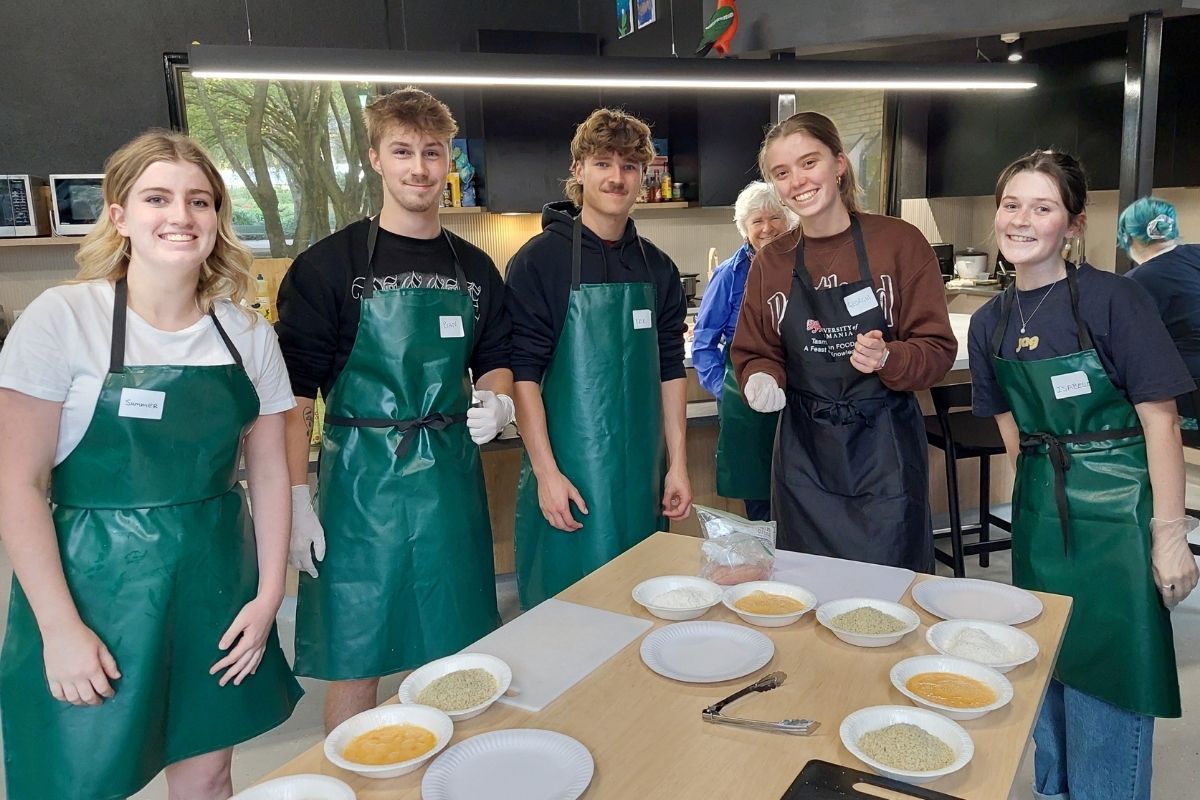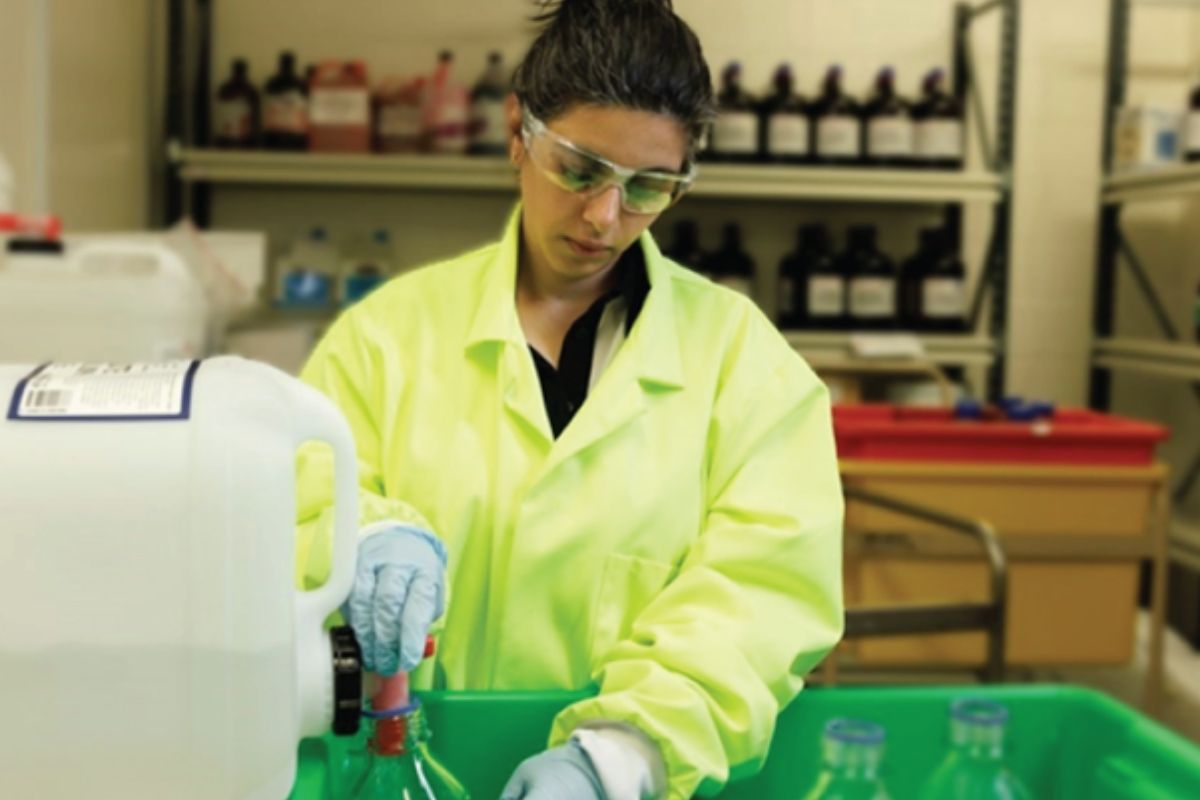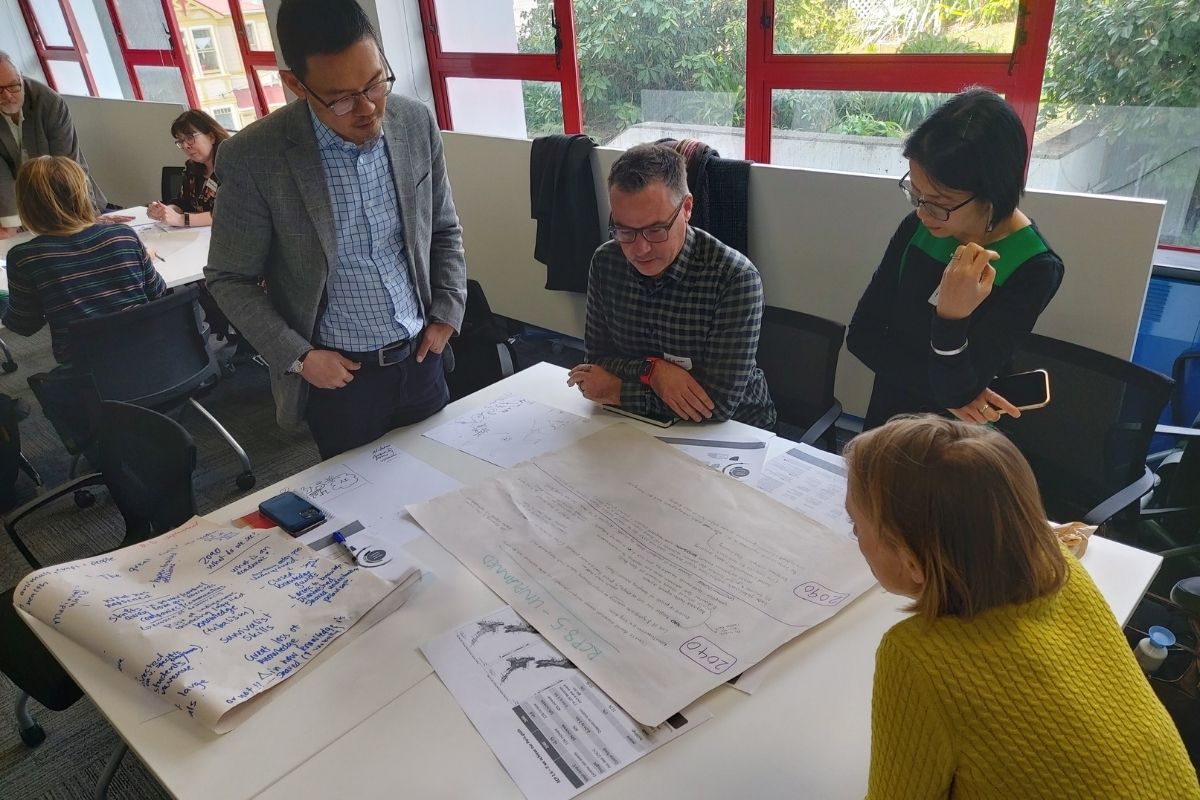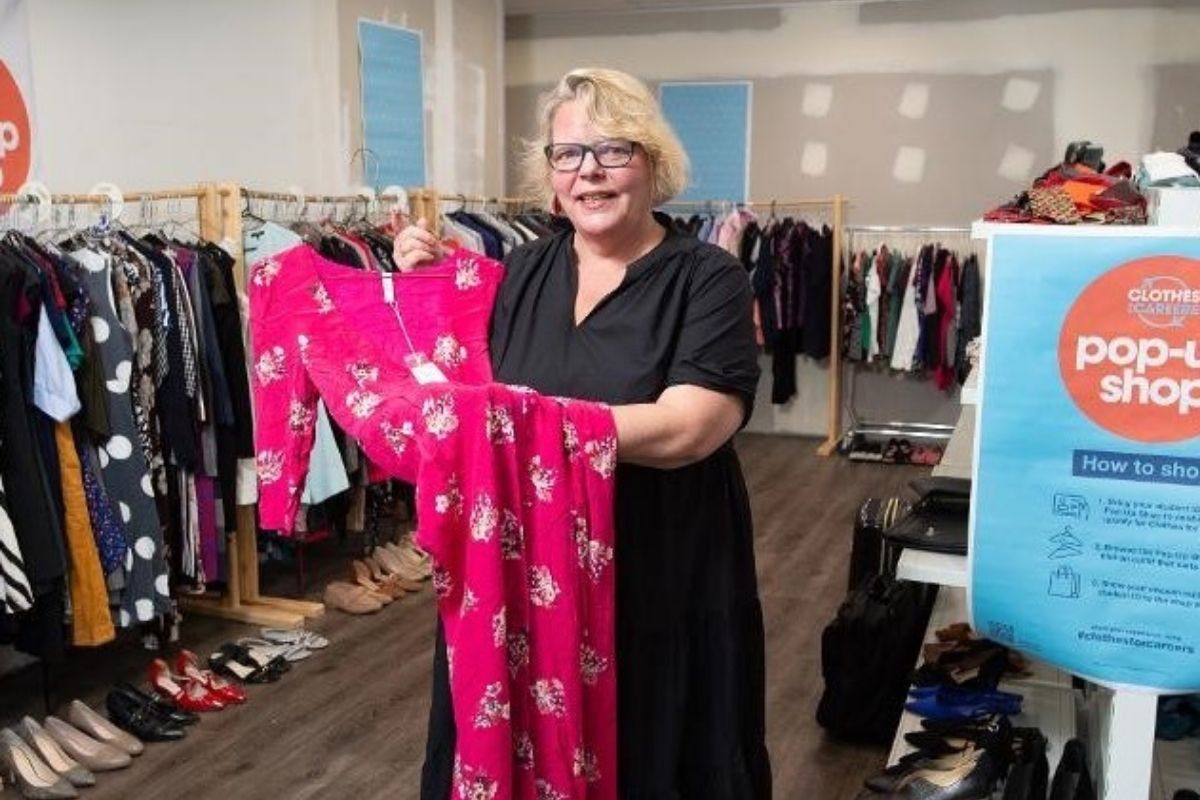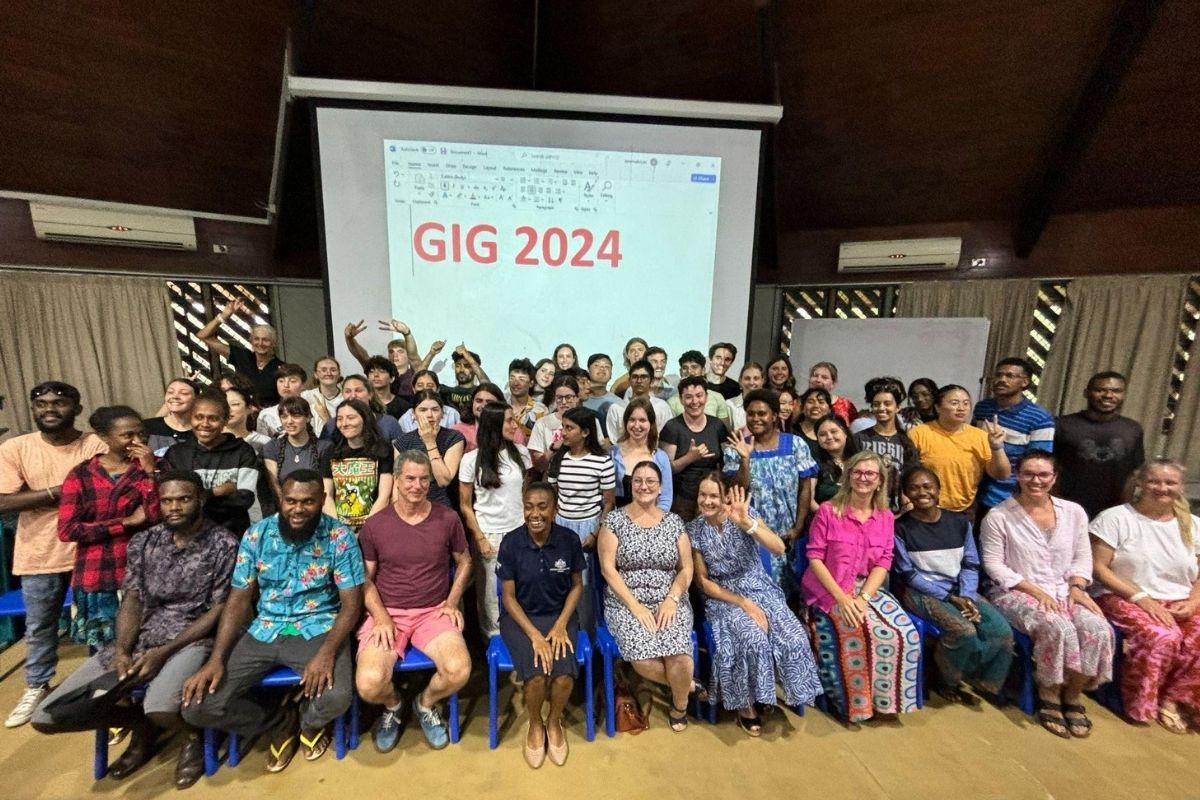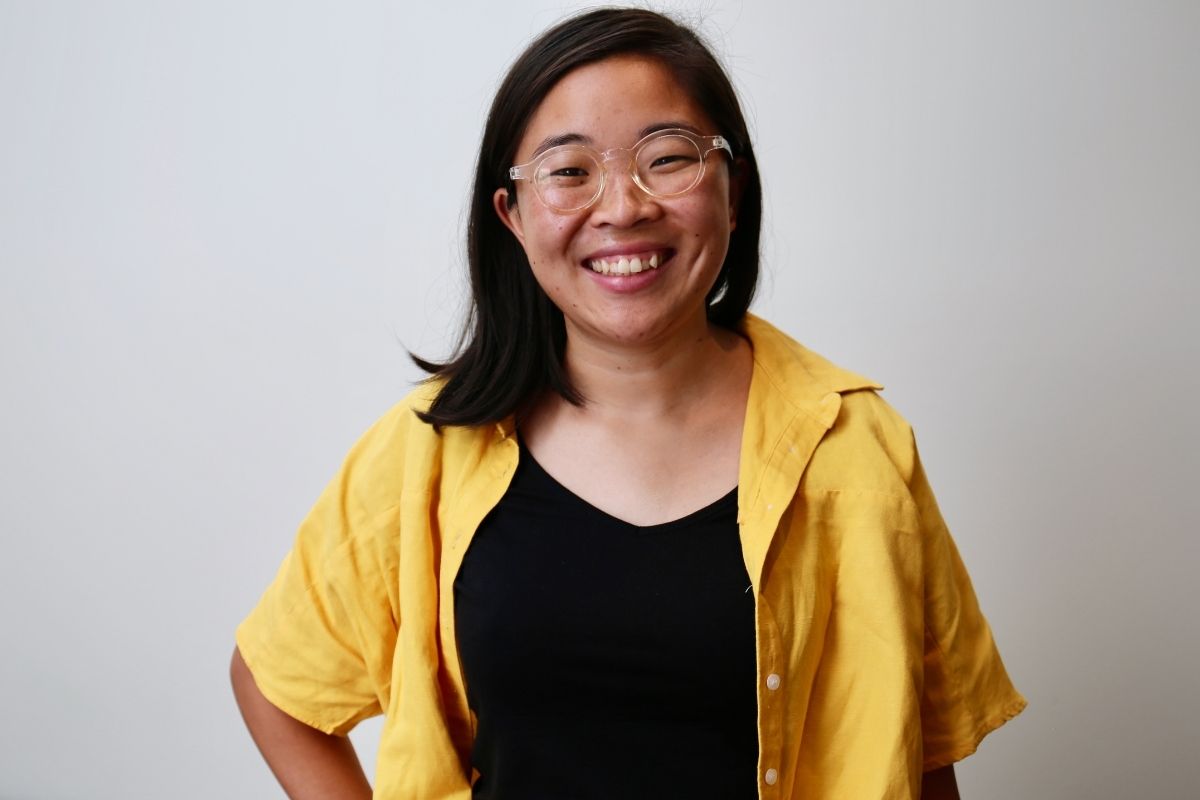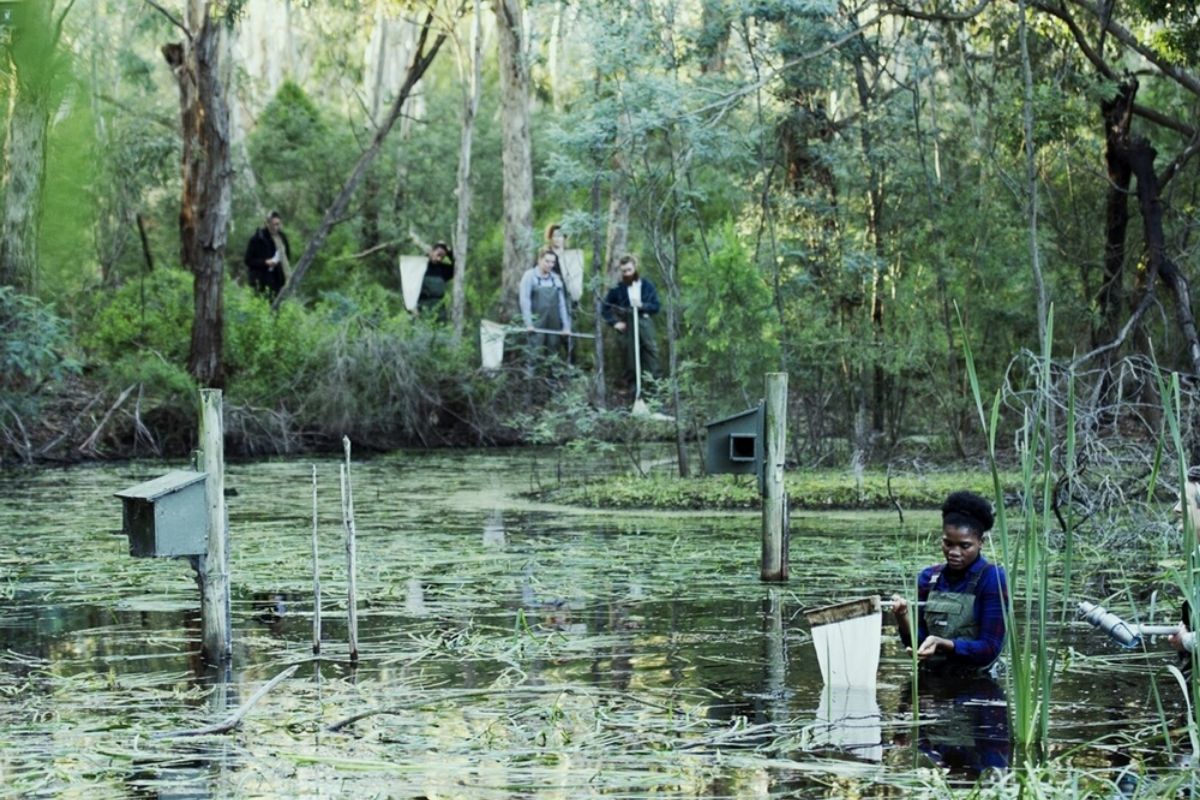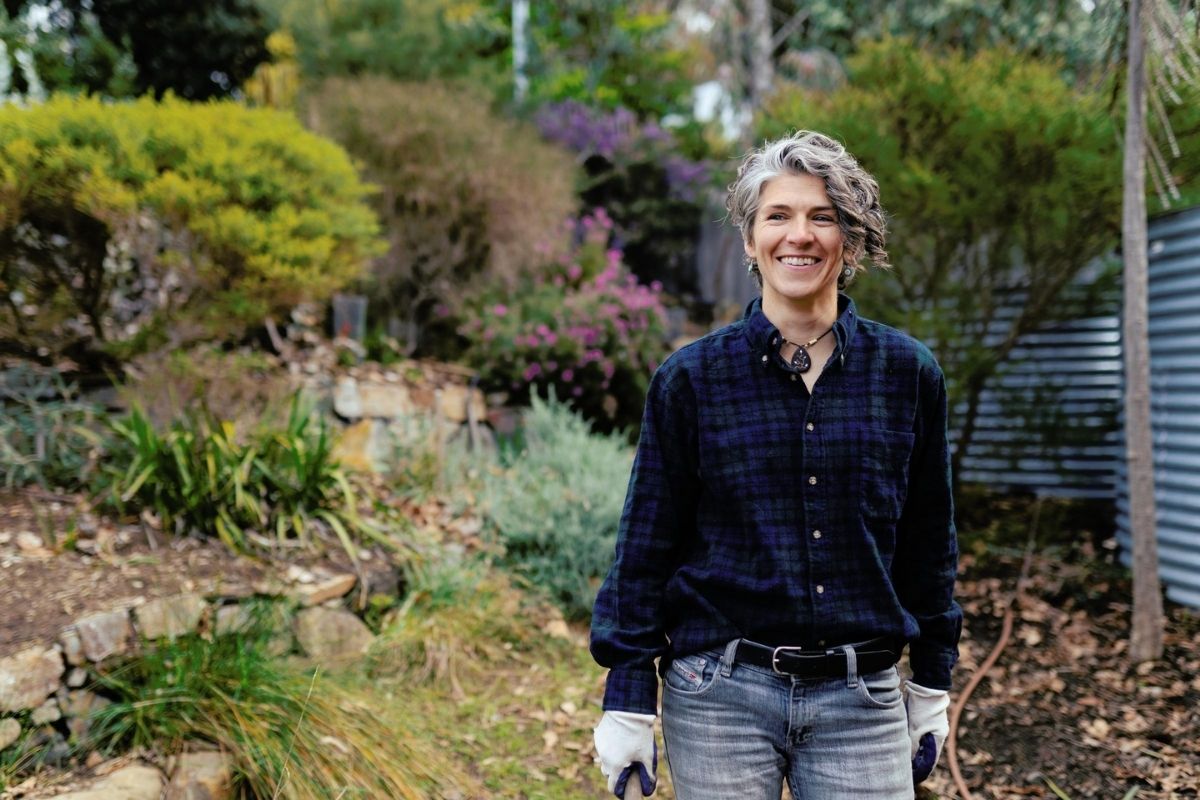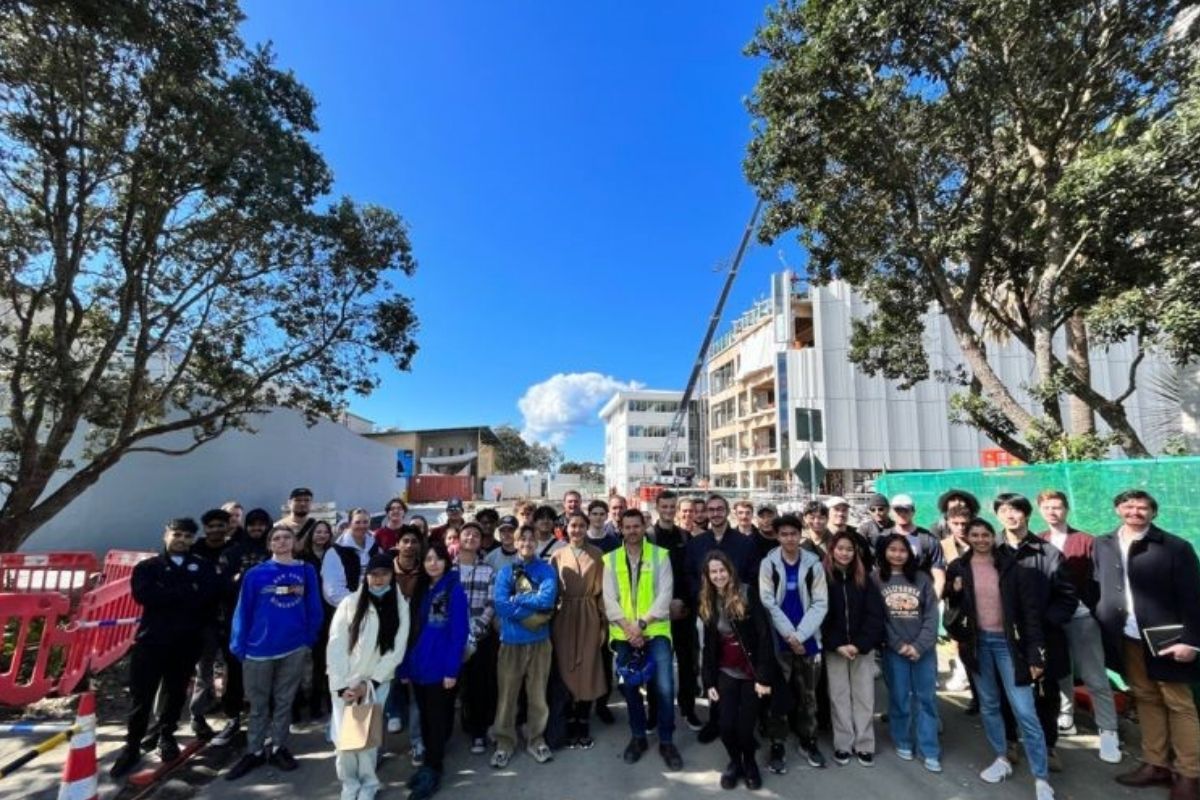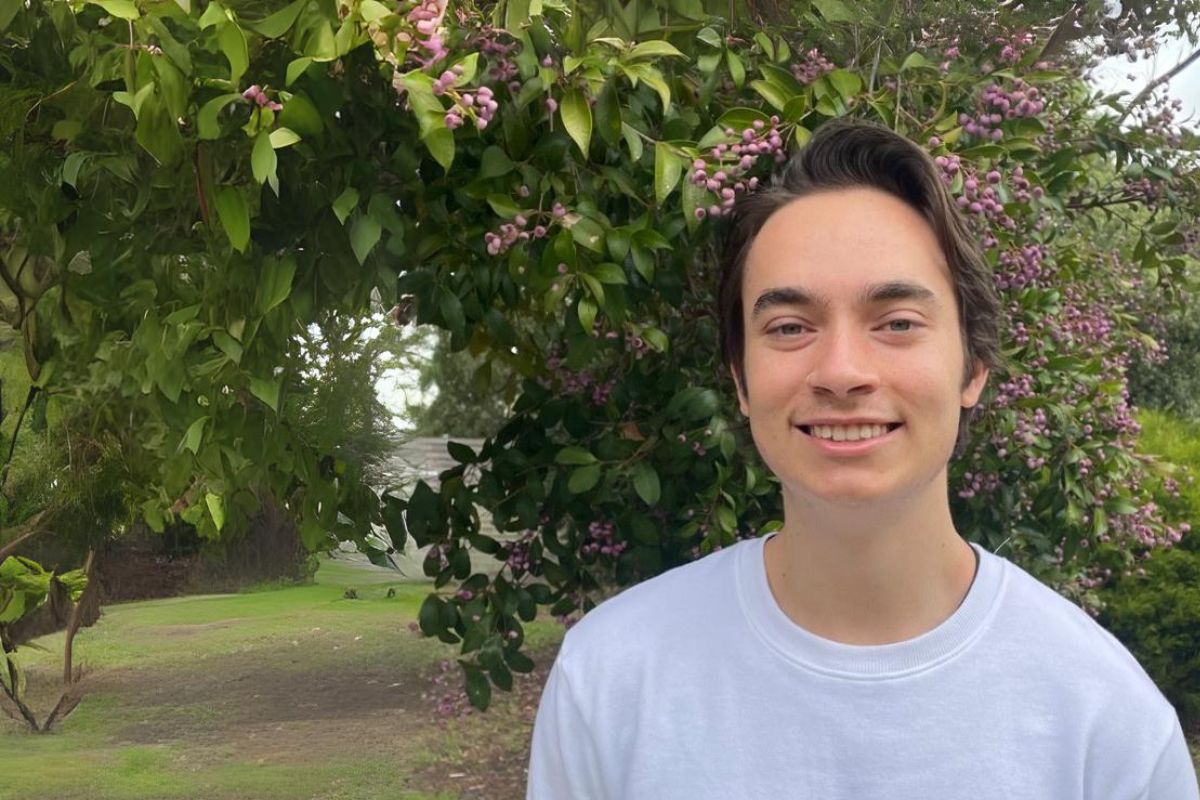Creating Impact/Winners category
The University of Tasmania (UTAS) in collaboration with the Bookend Trust and Devonport City Council, organised the “Kelcey Tier Extinction Matters BioBlitz,” a 30-hour festival of science in nature held in October 2023. The event, led by Dr. Clare Hawkins, aimed to engage the community in biodiversity discovery and conservation. The BioBlitz involved over 300 participants, including more than 90 school-aged students, in a comprehensive survey of species within the 184-hectare Kelcey Tier Greenbelt Reserve. This initiative is part of a broader effort by UTAS to promote environmental stewardship and increase public awareness of local biodiversity.
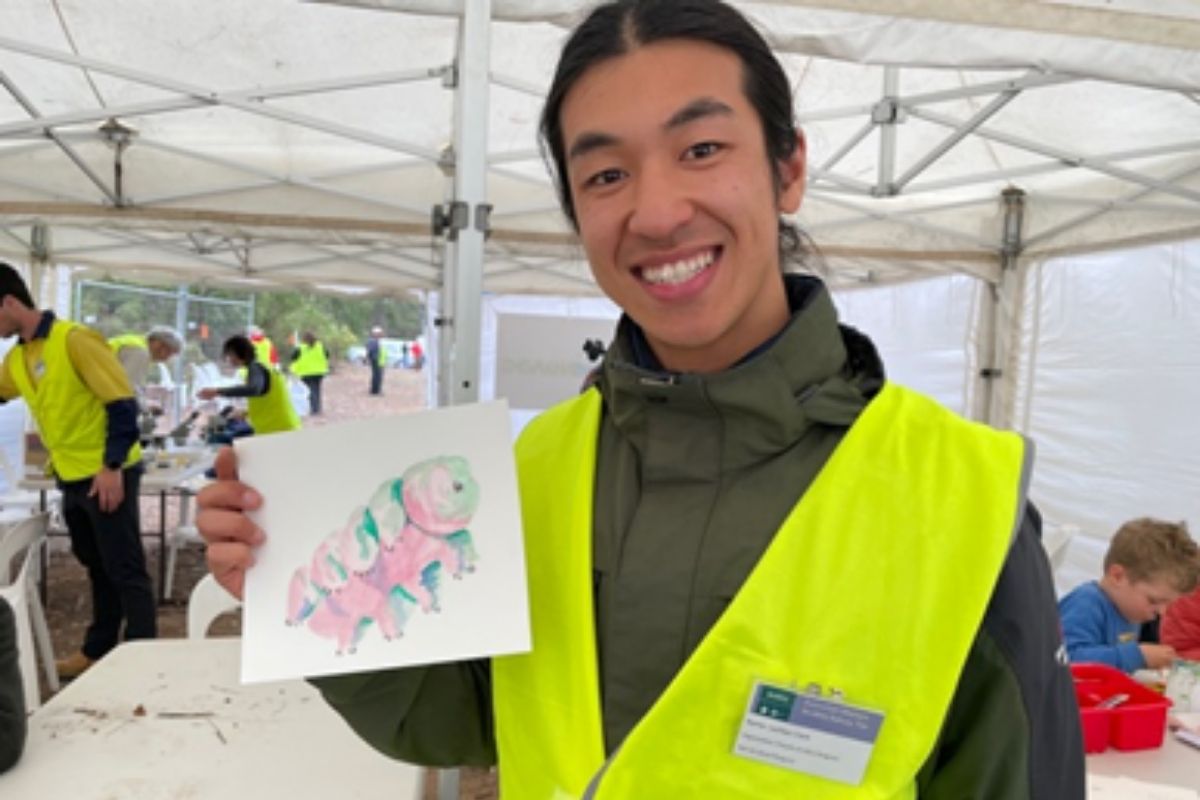
Environmental and Social Benefits
- Biodiversity Conservation: The BioBlitz recorded 421 species, with 140 species identified as new records for the Reserve, including a previously unknown population of the threatened curved riceflower. This data supports local conservation efforts and contributes to Tasmania’s Natural Values Atlas and the Federal Government’s Atlas of Living Australia.
- Community Engagement: The event fostered a deep connection between participants and the natural environment, enhancing public appreciation for biodiversity. School students gained hands-on experience in species identification, contributing to their environmental education and awareness.
- Educational Impact: The BioBlitz provided a unique learning experience for participants, combining scientific discovery with environmental education. The inclusion of cultural knowledge from Tasmanian Aboriginal communities enriched the event, providing a holistic understanding of the local ecosystem.
Leadership and Engagement
- Collaborative Effort: The event was a collaborative endeavour involving UTAS researchers, local scientists, naturalists, educators, and community members. The diverse expertise brought together ensured a comprehensive survey of the Reserve’s biodiversity.
- Volunteer Involvement: The initiative was largely volunteer-driven, with contributions from scientists and naturalists who volunteered their time and expertise. The community’s enthusiastic participation demonstrated a strong collective commitment to environmental conservation.
- Strategic Partnerships: The partnership with Devonport City Council and the Bookend Trust was crucial to the event’s success, providing logistical support and helping to reach a broad audience. This collaboration highlights the importance of community and institutional partnerships in driving impactful environmental initiatives.
Significance to the Sector
- Innovative Approach: The Kelcey Tier Extinction Matters BioBlitz stands out for its integration of community engagement with scientific research. By involving the public in biodiversity surveys, the initiative promotes citizen science and highlights the role of local communities in conservation efforts.
- Replicability and Impact: The BioBlitz model is highly replicable, providing a framework for similar events in other regions. Its success in engaging a wide demographic, from schoolchildren to senior citizens, demonstrates its potential to inspire environmental stewardship across diverse communities.
- Sustainability Leadership: Dr Clare Hawkin’s leadership in organising such a large-scale, collaborative event without significant funding underscores the communities’ commitment to biodiversity and sustainability. The event’s outcomes contribute to the strategic goals of both Devenport Council and the University and provide valuable data for ongoing conservation efforts.
Wider Societal Impact
- Cultural and Educational Value: The BioBlitz celebrated Tasmanian Aboriginal culture and environmental knowledge, integrating these perspectives into the event’s activities. This cultural inclusion enhances the societal impact of the project, promoting respect for indigenous knowledge systems.
- Long-Term Environmental Impact: The data collected during the BioBlitz will inform future conservation strategies and management plans for the Reserve, helping to protect and preserve its biodiversity for future generations. The event also raised awareness of the threats to local species, encouraging ongoing community involvement in conservation.
- Public Awareness and Engagement: The BioBlitz successfully raised public awareness of local biodiversity, fostering a greater sense of environmental responsibility among participants. The event’s outreach extended beyond the 300 in-person participants, engaging additional community members through online platforms and social media.
The BioBlitz illustrates a powerful blend of community engagement, scientific research, and cultural education. The event not only contributed to local conservation efforts but also fostered a deep connection between participants and the natural world. By engaging a broad audience in biodiversity discovery, the BioBlitz serves as a model for similar initiatives, demonstrating the significant impact of collaborative environmental stewardship on both local and broader scales.
Top 3 learnings
Supported by

Category finalists
Sustainability Institution of the Year/Winners
Sustainability Institution of the Year/Winners
Climate Action/Winners
Climate Action/Winners
Next Generation Learning & Skills/Winners
Next Generation Learning & Skills/Winners
Student Engagement/Winners
Student Engagement/Winners
Creating Impact
Creating Impact
Powerful Partnerships/Winners
Powerful Partnerships/Winners
Diversity, Equity and Inclusion/Winners
Diversity, Equity and Inclusion/Winners
Nature Positive/Winners
Nature Positive/Winners
Staff Champion/Winners
Staff Champion/Winners
Student Champion/Winners
Student Champion/Winners
Past winners
Benefitting Society/Winners
Benefitting Society/Winners
Diversity, Equity & Inclusion in Sustainability/Winners
Diversity, Equity & Inclusion in Sustainability/Winners
Climate Action/Winners
Climate Action/Winners
Sustainability Institution of the Year/Winners
Sustainability Institution of the Year/Winners
Creating Impact/Winners
Creating Impact/Winners
Creating Impact/Winners
Creating Impact/Winners
Top 3 learnings
Creating Impact/Winners category
The University of Tasmania (UTAS) in collaboration with the Bookend Trust and Devonport City Council, organised the “Kelcey Tier Extinction Matters BioBlitz,” a 30-hour festival of science in nature held in October 2023. The event, led by Dr. Clare Hawkins, aimed to engage the community in biodiversity discovery and conservation. The BioBlitz involved over 300 participants, including more than 90 school-aged students, in a comprehensive survey of species within the 184-hectare Kelcey Tier Greenbelt Reserve. This initiative is part of a broader effort by UTAS to promote environmental stewardship and increase public awareness of local biodiversity.

Environmental and Social Benefits
- Biodiversity Conservation: The BioBlitz recorded 421 species, with 140 species identified as new records for the Reserve, including a previously unknown population of the threatened curved riceflower. This data supports local conservation efforts and contributes to Tasmania’s Natural Values Atlas and the Federal Government’s Atlas of Living Australia.
- Community Engagement: The event fostered a deep connection between participants and the natural environment, enhancing public appreciation for biodiversity. School students gained hands-on experience in species identification, contributing to their environmental education and awareness.
- Educational Impact: The BioBlitz provided a unique learning experience for participants, combining scientific discovery with environmental education. The inclusion of cultural knowledge from Tasmanian Aboriginal communities enriched the event, providing a holistic understanding of the local ecosystem.
Leadership and Engagement
- Collaborative Effort: The event was a collaborative endeavour involving UTAS researchers, local scientists, naturalists, educators, and community members. The diverse expertise brought together ensured a comprehensive survey of the Reserve’s biodiversity.
- Volunteer Involvement: The initiative was largely volunteer-driven, with contributions from scientists and naturalists who volunteered their time and expertise. The community’s enthusiastic participation demonstrated a strong collective commitment to environmental conservation.
- Strategic Partnerships: The partnership with Devonport City Council and the Bookend Trust was crucial to the event’s success, providing logistical support and helping to reach a broad audience. This collaboration highlights the importance of community and institutional partnerships in driving impactful environmental initiatives.
Significance to the Sector
- Innovative Approach: The Kelcey Tier Extinction Matters BioBlitz stands out for its integration of community engagement with scientific research. By involving the public in biodiversity surveys, the initiative promotes citizen science and highlights the role of local communities in conservation efforts.
- Replicability and Impact: The BioBlitz model is highly replicable, providing a framework for similar events in other regions. Its success in engaging a wide demographic, from schoolchildren to senior citizens, demonstrates its potential to inspire environmental stewardship across diverse communities.
- Sustainability Leadership: Dr Clare Hawkin’s leadership in organising such a large-scale, collaborative event without significant funding underscores the communities’ commitment to biodiversity and sustainability. The event’s outcomes contribute to the strategic goals of both Devenport Council and the University and provide valuable data for ongoing conservation efforts.
Wider Societal Impact
- Cultural and Educational Value: The BioBlitz celebrated Tasmanian Aboriginal culture and environmental knowledge, integrating these perspectives into the event’s activities. This cultural inclusion enhances the societal impact of the project, promoting respect for indigenous knowledge systems.
- Long-Term Environmental Impact: The data collected during the BioBlitz will inform future conservation strategies and management plans for the Reserve, helping to protect and preserve its biodiversity for future generations. The event also raised awareness of the threats to local species, encouraging ongoing community involvement in conservation.
- Public Awareness and Engagement: The BioBlitz successfully raised public awareness of local biodiversity, fostering a greater sense of environmental responsibility among participants. The event’s outreach extended beyond the 300 in-person participants, engaging additional community members through online platforms and social media.
The BioBlitz illustrates a powerful blend of community engagement, scientific research, and cultural education. The event not only contributed to local conservation efforts but also fostered a deep connection between participants and the natural world. By engaging a broad audience in biodiversity discovery, the BioBlitz serves as a model for similar initiatives, demonstrating the significant impact of collaborative environmental stewardship on both local and broader scales.
Supported by

Related finalists
Sustainability Institution of the Year/Winners
Sustainability Institution of the Year/Winners
Climate Action/Winners
Climate Action/Winners
Next Generation Learning & Skills/Winners
Next Generation Learning & Skills/Winners
Student Engagement/Winners
Student Engagement/Winners
Creating Impact
Creating Impact
Powerful Partnerships/Winners
Powerful Partnerships/Winners
Diversity, Equity and Inclusion/Winners
Diversity, Equity and Inclusion/Winners
Nature Positive/Winners
Nature Positive/Winners
Staff Champion/Winners
Staff Champion/Winners
Student Champion/Winners
Student Champion/Winners
Other finalists
Climate Action

Driving Towards Tomorrow’s Campus with Vehicle-to-Grid EV Technology
As part of Flinders University’s drive to innovate and become a leader in climate action, the University launched its Vehicle-to-Grid (V2G) initiative. This involved installing and maintaining 20x V2G and smart chargers for its growing electric vehicle fleet. Leveraging 100% renewable energy generated by ENGIE’s Willogoleche Wind Farm and Flinders University’s solar power systems, this enables the storage of renewable energy in EV batteries to be discharged on campus during peak demand periods. Hence, allows for these EV fleets to operate as a Virtual Power Plant (VPP) to deliver peak demand management and optimization of behind-the-meter generation.
Overall, this initiative demonstrates the reliability and scalability of bi-directional and uni-directional smart-charging systems for EVs in reducing GHG emissions while facilitating teaching, research, and innovation opportunities. Moreover, it exemplifies a sustainable and innovative solution to scale energy storage technology and increase renewables.
Sustainability Champion – Staff/Winners

Brandan Espe
Environmental Officer / Acting Grounds Supervisor
Brandan has brought over 50 federally listed Endangered species of plant into the James Cook University living collection, many of which have never been cultivated and are found in no other collection in the world.
Of these, over half have been sustainably wild collected, inclusive of field and clone data, so they can be used for ongoing conservation, research and teaching, the remaining being sourced from private and partner organisations through favours of service or trades.
He personally funded the project from 2019-2022, until funding was awarded for the program due to its success, with the program now being engrained into the Universities landscapes for ongoing management should he leave JCU, creating a threatened species legacy collection.
The program has now expanded beyond this, with an additional 48 species now funded for further addition, some of which are only known from less than 5 sightings in history.
Student Engagement

Sustainability Leaders creating real impact!
La Trobe created a unique Sustainability Leaders volunteering program to increase engagement with students on campus and empower them to act against waste and promote sustainability. It included the following initiatives:
- Promoting the reusable crockery implementation,
- Increasing knowledge action of other students on campus to diversion comingled recycling and organic waste from landfill.
- Focus on waste audits and data,
- Improved signage through new waste posters for students living on campus.
- Collaboration with Cirka (our cleaning and waste partner) to create a waste wall and;
- Learning all things sustainability (net zero, biodiversity, waste, reusables, engagement)
These initiatives yielded significant results and with a reduction in waste contamination by almost 40% at the residential buildings and engagement with over 80 groups of people for the Reusable Revolution.
Creating Impact

Where knowledge meets habits: Empowering students for a sustainable tomorrow
Our online Sustainability Challenges offer participants an engaging, self-paced learning experience centered around a specific United Nations Sustainable Development Goal (UNSDG). Requiring minimal resourcing and at zero-cost to participants, we’ve created replicable, compact, scalable, and impactful learning opportunities that result in real impact.
The Challenges follow a structured process that moves participants from knowledge gain to simple action to celebration, to establish small but mighty habits relating to waste and carbon emissions. This approach recognises that knowledge alone is often insufficient to drive behaviour change, and that ease of action and celebration are crucial components in creating sustainable habits.
Sustainability Champion – Staff/Winners

Catherine (CeeJay) Donovan
Veterinary nurse – Anaesthesia
From establishing the Massey Vet School Green Team to leading impactful initiatives, my commitment to environmental sustainability has been making waves. With the help of my team, I have accomplished numerous small, yet meaningful actions, including integrating a sustainability lecture for final year vet students and implementing battery recycling alongside rechargeable battery use. Our larger projects encompass the introduction of green waste and soft plastics recycling bins, an energy audit resulting in power-saving measures, and playing a part in a successful rubbish audit. I spearheaded the ‘6 in 6’ campaign, empowering individuals with six simple steps for workplace sustainability. Through the SustainaVet social media pages I help to educate and inspire peers nationwide. As the Massey School of Veterinary Science sustainability champion, I had the privilege of speaking at the annual veterinary conference on sustainability in clinical practice. Currently I’m conducting pioneering research on responsible cat waste disposal. Together, we’re forging a greener future, one initiative at a time.
Sustainability Champion – Student

Louis Walmsley
SDG Coordinator Monash Association of Sustainability, Office Bearer Monash Student Association’s Environmental and Social Justice Department, Masters of Environment and Sustainability Student
Louis is an exceptional student sustainability leader at Monash University. His passion and dedication to sustainability have made a significant impact on the community. Louis’s values revolve around sustainability, which is evident upon meeting him. He actively participates in various sustainability groups, demonstrating his commitment to creating a more environmentally conscious society.
One of Louis’s notable involvements is with Precious Plastic Monash, where he organizes remarkable events and fosters collaboration among like-minded individuals, student groups, and staff. His contributions to the Monash Association of Sustainability have allowed him to conduct valuable research on plastic usage and climate action, resulting in positive changes within the university.
Through his work with the Monash Student Association, Louis has engaged hundreds of students in fun and interactive sustainability initiatives. He took the initiative to organize a sustainability food fair, which was one of the largest sustainability-related events held at Monash post-COVID. This accomplishment is a true testament to Louis’s hard work and creativity.
Louis is an outstanding student leader whose efforts in sustainability have had a lasting impact on Monash University and its community. His inspiring nature resonates with everyone who knows him.


